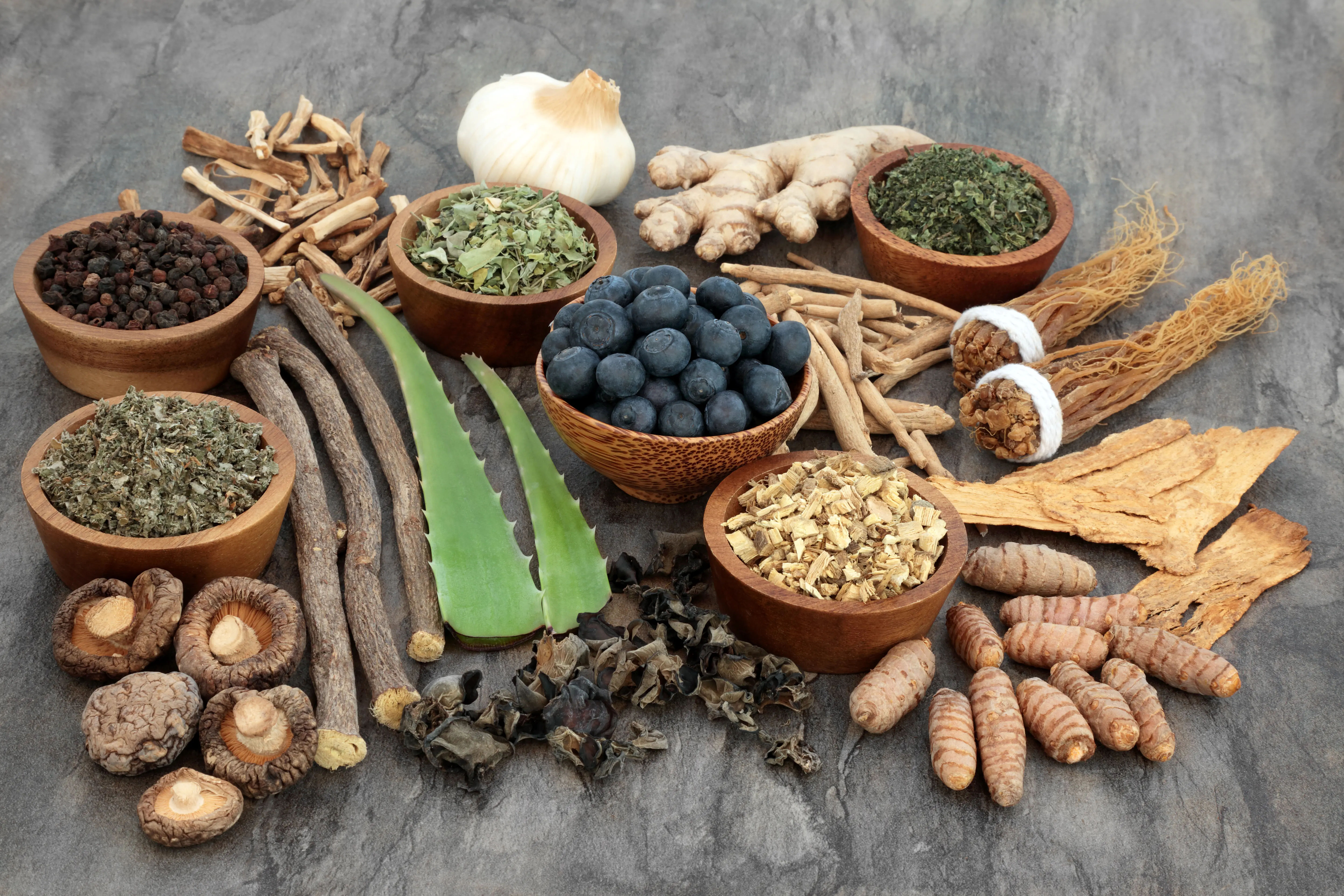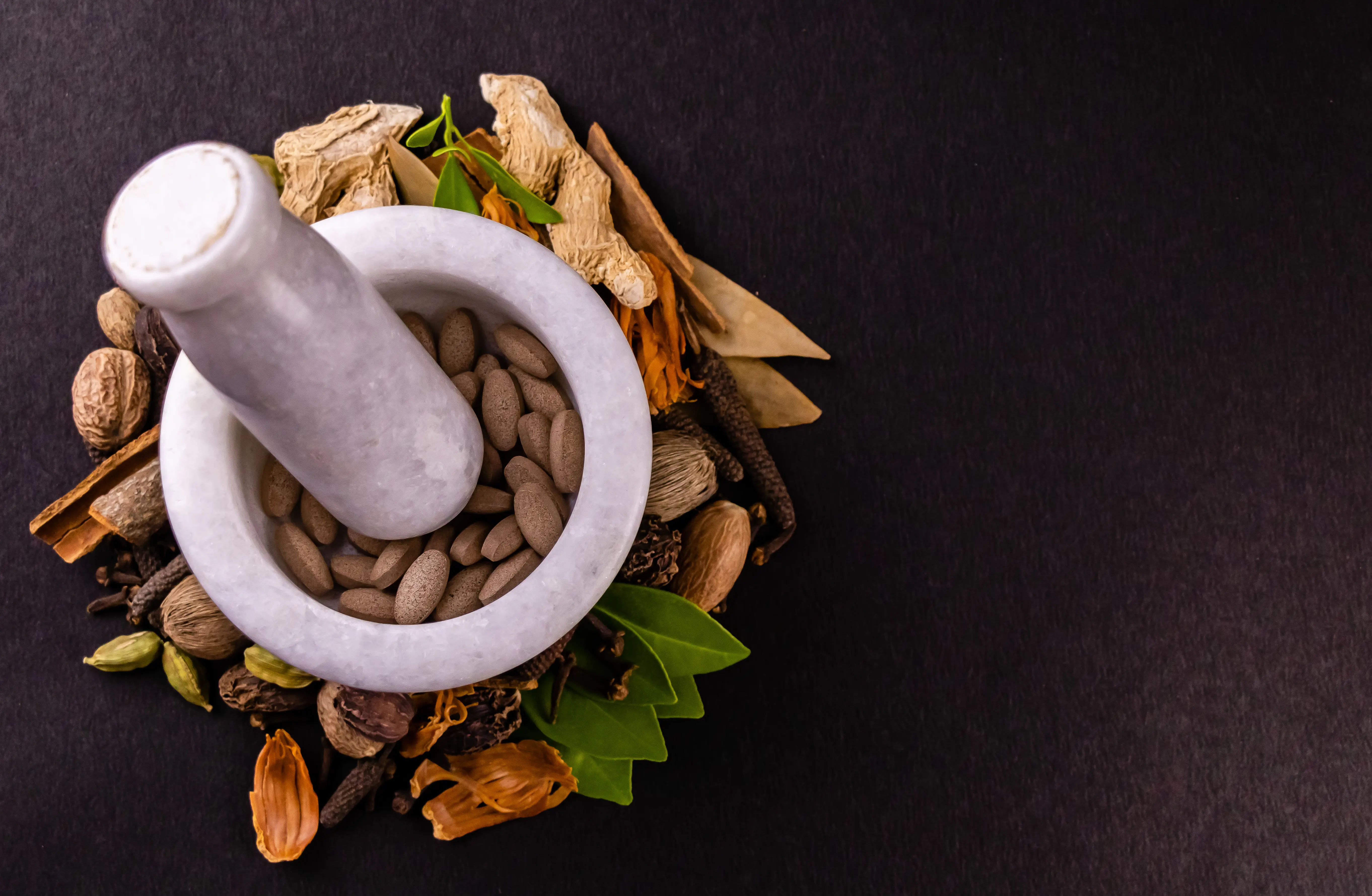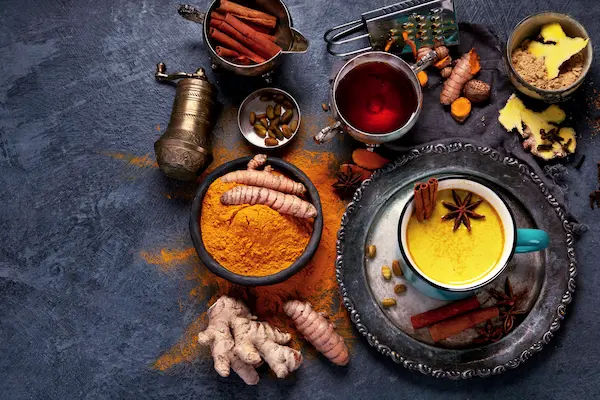Protein-Rich Vegetarian Foods in India
Discover the best protein-rich vegetarian foods in India! From dals and paneer to sprouts, nuts, seeds, and unique grains like quinoa, learn how to easily meet your protein needs with delicious and traditional Indian ingredients.

Written by Dr. Siri Nallapu
Reviewed by Dr. Rohinipriyanka Pondugula MBBS
Last updated on 29th Jul, 2025

Protein is an essential nutrient that helps build muscles, repair tissues, and keep our immune system strong. While many people associate protein with nonvegetarian foods like meat and eggs, India has a rich variety of vegetarian protein sources that can easily meet daily requirements.
If you're a vegetarian or looking to reduce meat consumption, this guide will help you discover delicious and nutritious protein-packed foods available in India.
Why is Protein Important?
Protein is made up of amino acids, which are the building blocks of our body. It plays a crucial role in:
Muscle growth and repair
Strengthening bones and joints
Boosting immunity
Keeping skin, hair, and nails healthy
Regulating hormones and enzymes
A protein deficiency can lead to weakness, fatigue, slow healing, and muscle loss. Hence, including enough protein in your diet is vital.
Top Vegetarian Protein Sources in India
The top vegetarian protein sources in India are:
1. Lentils (Dal)
Protein Content: 6-9g per ½ cup (cooked)
Examples: Toor dal, moong dal, masoor dal, chana dal
Benefits: High in fiber, iron, and folate. Helps in digestion and heart health.
2. Chickpeas (Chana)
Protein Content: 7-8g per ½ cup (cooked)
Ways to Eat: Chana curry, hummus, roasted chana snacks
Benefits: Rich in fiber, magnesium, and antioxidants.
3. Soybeans & Tofu
Protein Content: 15-20g per ½ cup (soybeans), 10g per ½ cup (tofu)
Ways to Eat: Soy chunks (nutrela), tofu stirfry, soy milk
Benefits: Complete protein source (contains all essential amino acids).
4. Paneer (Cottage Cheese)
Protein Content: 14g per 100g
Ways to Eat: Paneer tikka, palak paneer, grilled paneer
Benefits: High in calcium, good for bones and teeth.
5. Quinoa
Protein Content: 8g per cup (cooked)
Ways to Eat: Quinoa pulao, salads, porridge
Benefits: Glutenfree, rich in fiber and iron.
6. Nuts & Seeds
Protein Content:
Almonds: 6g per 30g
Peanuts: 7g per 30g
Pumpkin seeds: 5g per 30g
Chia seeds: 5g per 30g
Ways to Eat: Snacks, smoothies, salads
Benefits: Healthy fats, vitamins, and minerals.
7. Dairy Products (Milk, Yogurt, Cheese)
Protein Content:
Milk: 8g per cup
Yogurt (Dahi): 5-10g per cup
Cheese: 7g per 30g
Benefits: Good for gut health, calciumrich.
8. Whole Grains (Brown Rice, Oats, Bajra, Jowar)
Protein Content: 35g per cup (cooked)
Benefits: Provides energy, fiber, and B vitamins.
9. Green Peas (Matar)
Protein Content: 4g per ½ cup
Ways to Eat: Curries, soups, stuffed parathas
Benefits: Rich in vitamins A, C, and K.
10. Sprouts (Moong, Chana, Matki)
Protein Content: 6-8g per cup
Ways to Eat: Salads, chaat, stirfry
Benefits: High in fiber and enzymes for digestion.
Consult a Top nutritionist for the best advice
How Much Protein Do You Need?
The recommended daily protein intake varies based on age, gender, and activity level:
Average adult: 0.8g per kg of body weight
Active individuals/athletes: 1.21.7g per kg
Pregnant women: 1.1g per kg
For example, a 60kg person needs about 4860g of protein daily.
Easy Ways to Increase Protein Intake:
1. Start your day with protein – Have a bowl of sprouts, peanut butter toast, or a smoothie with nuts and seeds.
2. Snack smart – Choose roasted chana, almonds, or yogurt instead of chips.
3. Combine foods – Pair dal with rice or roti for a complete protein source.
4. Add protein to meals – Sprinkle seeds on salads, add paneer to curries, or include tofu in stirfries.
When to Consult a Doctor?
If you experience:
Unexplained muscle loss
Constant fatigue
Slow wound healing
Hair thinning
Frequent infections
You may need a protein checkup. A simple blood test can determine if you have a deficiency.
Final Thoughts
A vegetarian diet can provide all the protein your body needs if planned well. By including a mix of lentils, dairy, nuts, seeds, and whole grains, you can maintain a balanced and protein-rich diet.
If you need personalized dietary advice, consider consulting a nutritionist. You can book an online consultation or lab test through Apollo 24|7 for expert guidance.
Stay healthy, eat well, and enjoy the goodness of vegetarian protein!
Consult a Top nutritionist for the best advice
Consult a Top nutritionist for the best advice

Dr. Ramalinga Reddy
General Physician
5 Years • MBBS MD General medicine
Bengaluru
PRESTIGE SHANTHINIKETAN - SOCIETY CLINIC, Bengaluru
Dt. Ila Sharma
Clinical Nutritionist
18 Years • Master in food & Nutrition
Gurugram
VIPUL GREENS - SOCIETY CLINIC, Gurugram
Ms. Bhavana Shetty
Dietician
7 Years • DDHN & Masters in Clinical Nutrition & Dietetics
Bangalore
Apollo Sugar Clinic, Seetha circle bangalore, Bangalore
Dr Sumanth R
General Physician
2 Years • MBBS
Bengaluru
PRESTIGE SHANTHINIKETAN - SOCIETY CLINIC, Bengaluru
Mrs Sneha P V
Nutritionist
10 Years • Master of science in Food and Nutrition
Bangalore
Apollo Clinic Bellandur, Bangalore




